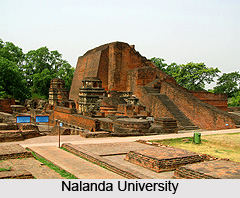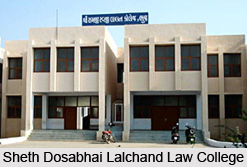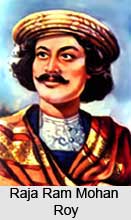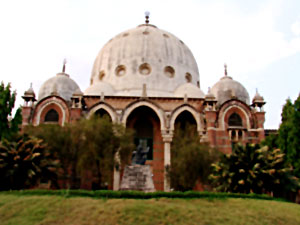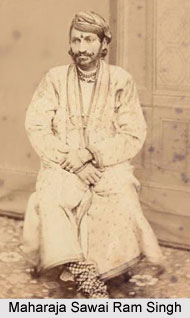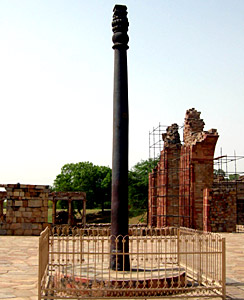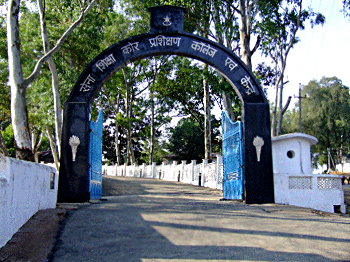The Eligibility criteria for Joint Admission Test to M. Sc (JAM) differ on the basis of the course programmes offered by the IITs. The minimum requirement for appearing in this entrance test is a bachelor`s degree from a recognized University. The eligibility criteria for different course programmes are as follows -
For M. Sc Biotechnology Course
A Bachelor`s degree certificate is required with a major in Biological/Chemical Sciences/ Pharmaceutical/Veterinary/Medical/Agricultural Sciences/ Physical Sciences.
For M. Sc Chemistry Course
For admissions in this course, a B. Sc degree with a major in Chemistry is required.
For M. Sc Applied Geology Course
For this course, the candidate should have a B. Sc degree with a major in Geology and with any two of these subjects - Mathematics, Physics, Chemistry or Biological Sciences.
For M. Sc Geological Science Course
A Bachelor`s degree certificate with Geology and any two of these subjects including Mathematics, Physics or Chemistry is required.
For M. Sc Geophysics Course
Candidates need to have a Bachelor`s degree with a major in Geology and with any of these two subjects - Mathematics, Physics or Chemistry (as subsidiary subjects).
For M. Sc Mathematics Course
Bachelor`s degree in Arts/Science/Statistics/Computer Science/Engineering with either Mathematics or Statistics as one of the core subjects is required for admissions in this course.
For M. Sc Statistics & Informatics Course
Bachelor`s degree in Arts or Science with Mathematics or statistics as main subject is required.
For M. Sc Physics Course
B. Sc degree or its equivalent with Physics and Mathematics as major subjects is a must for admissions in this course.
For M. Sc - Ph. D (Dual Degree programme in Physics)
Three-year Bachelor`s degree with Physics and Mathematics as major subjects is the minimum eligibility criterion.
For Masters of Computer Application (MCA)
Bachelor`s degree with Mathematics or a BCA degree is the requirement.
For M. Sc Statistics
B. A or B. Sc degree with Mathematics/Statistics as one of the core subjects is required.
Candidates seeking admissions in the Master of Science courses offered by the premier institutes of the country (IITs) need to fulfil the basic eligibility criteria for Joint Admission Test to M. Sc (JAM) in order to appear for the entrance test.
